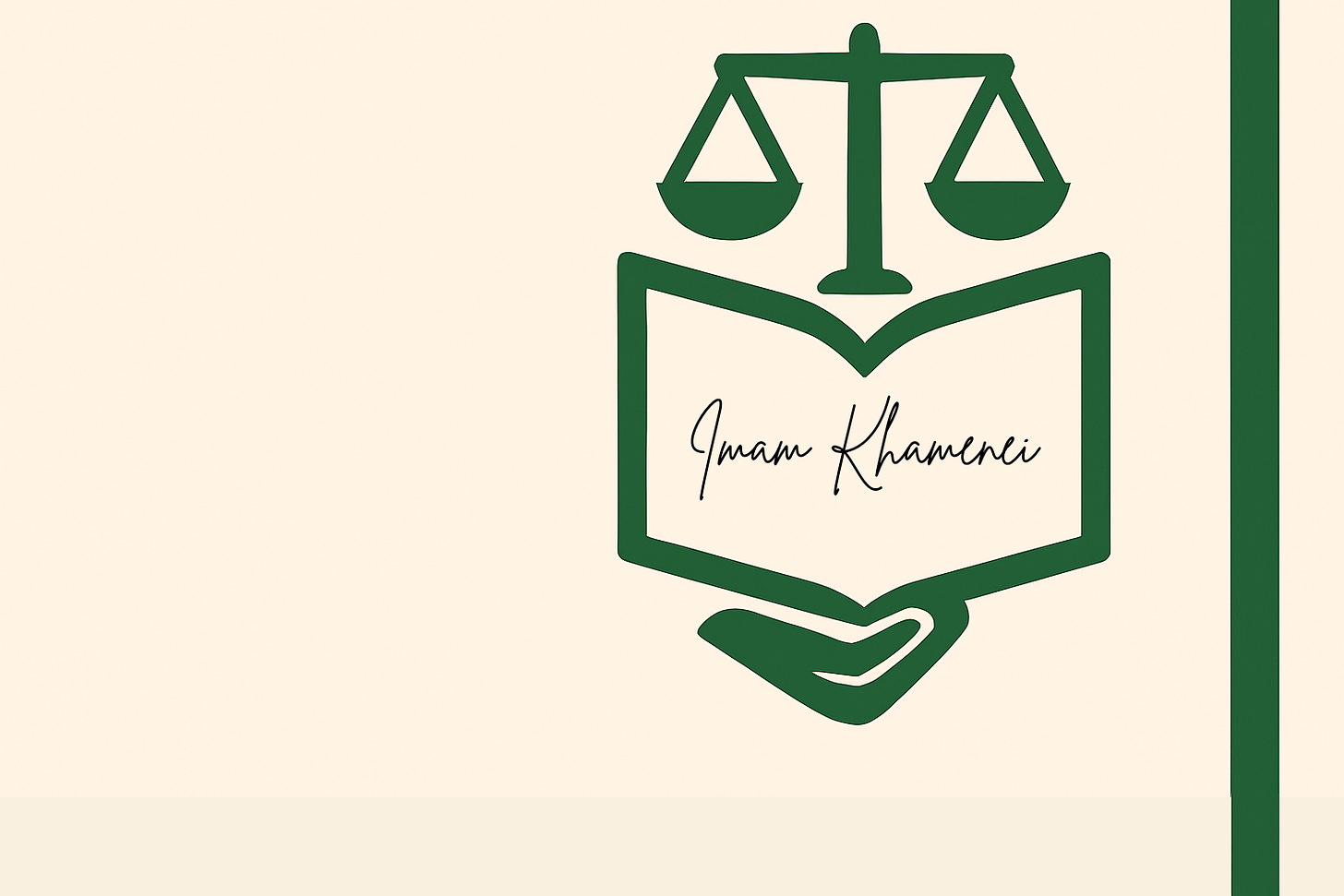Enjoining the Good and Forbidding Evil: Are Individuals Allowed to Go Beyond Verbal Enjoining of Good and Forbidding Evil?
Practical Laws of Islam as per the teachings of Imam Khamenei
Enjoining the Good and Forbidding Evil: Are Individuals Allowed to Go Beyond Verbal Enjoining of Good and Forbidding Evil?
English:
Question #1057:
With regard to enjoining the good and forbidding evil, should individuals confine themselves to the oral level of enjoining and forbidding? Limiting the obligation to oral reminding contradicts with what is stated in the books on Practical Laws of Islam, particularly the Taḥrīr al-Wasīlah. And if they are allowed, when necessary, to advance to the other grades, will it be permissible for them, at times of necessity, to carry out all the graded levels mentioned in the book of Taḥrīr al-Wasīlah?
Answer #1057:
Considering that under an Islamic government the grades subsequent to oral enjoining the good and forbidding evil are delegated to security and judicial authorities, particularly with respect to cases where prevention of evil entails exertion of force, handling the assets of the wrongdoer, exercising ta‘zīr against him, his detention, or the like, it is obligatory for the mukallafs to confine themselves to oral enjoining and forbidding and, when the need arises for the use of force, to refer the case to the police and judicial authorities. This does not contradict the fatwā of the late Imam Khomeini (q.) in this regard. But, when and where the Islamic government is not dominant, it is obligatory for the mukallafs — when the conditions are available — to go through all grades of enjoining the good and forbidding evil — with the observation of their sequence — until its purpose is realised.


